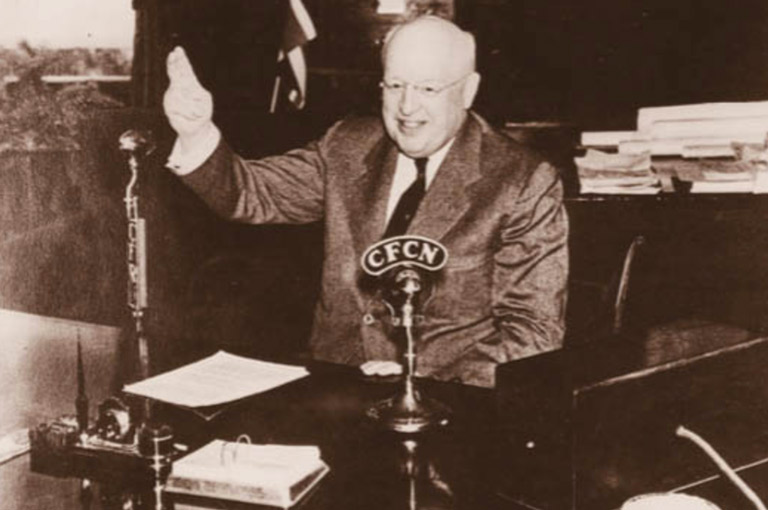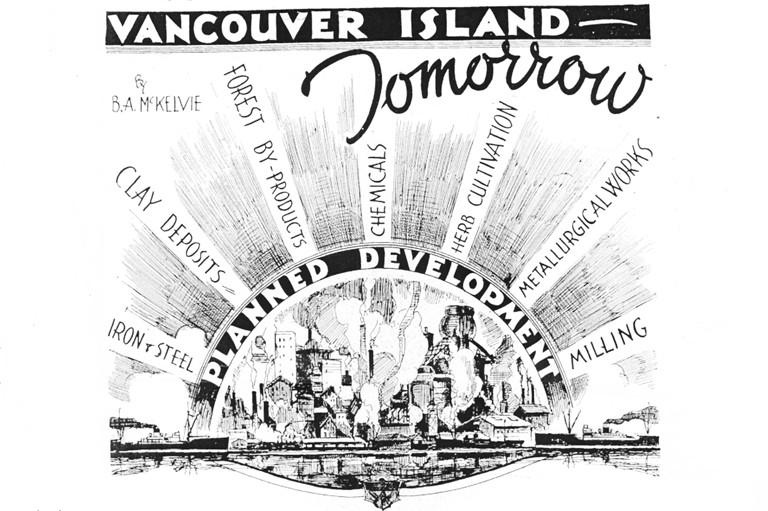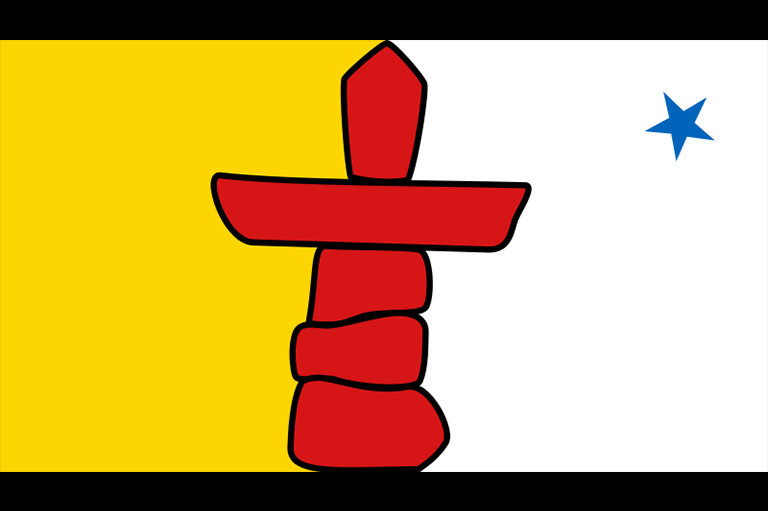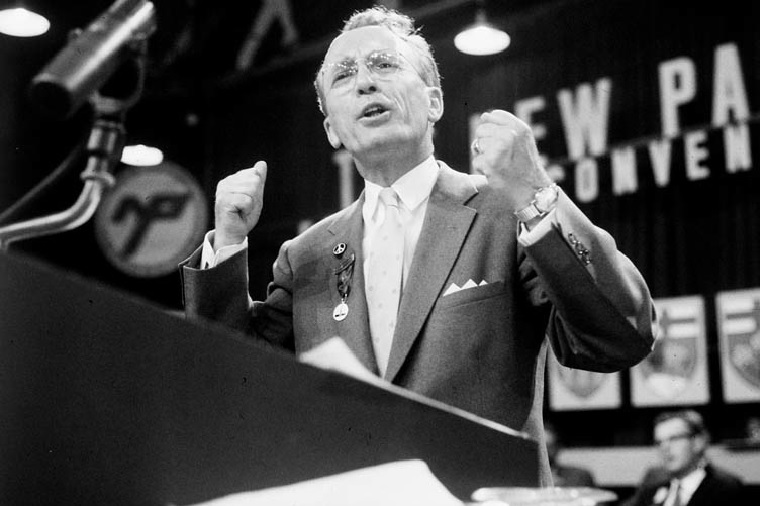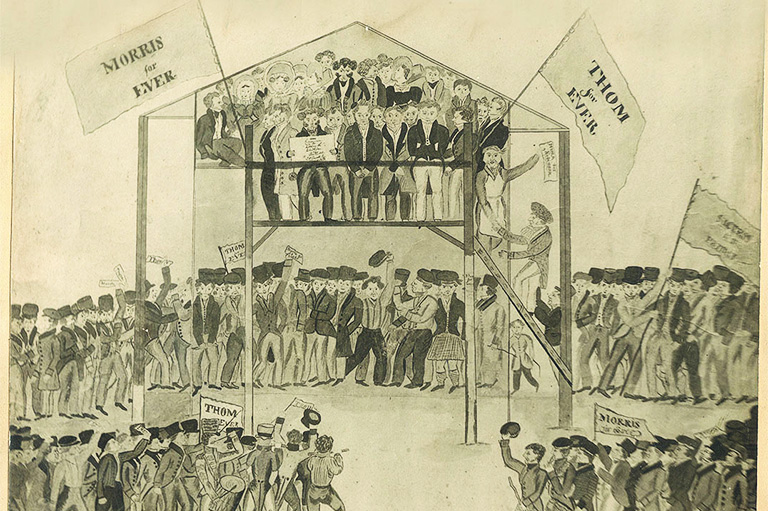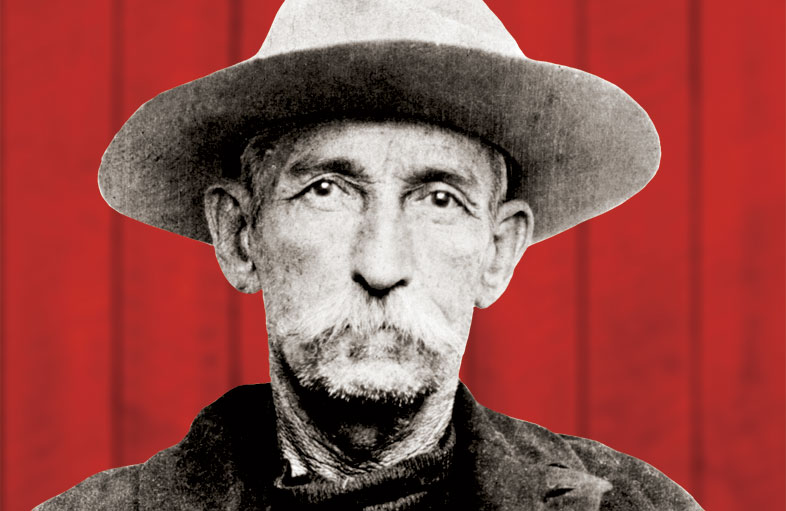Alberta and Saskatchewan at 100 years
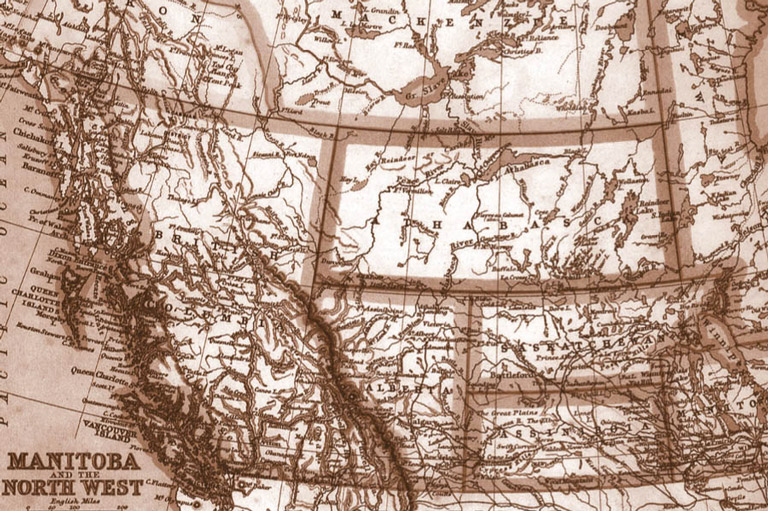
In 1901 Frederick Haultain, premier of the NorthWest Territories, proposed the formation of a single province comprising the area between Manitoba and British Columbia. The Canadian government countered with a bill to create two new provinces of approximately equal size and population. The two-province solution prevailed, and Alberta and Saskatchewan officially came into existence in September 1905.
Timeline
1906
On July 18, the Canadian government passes the Dominion Act, which creates the provinces of Alberta and Saskatchewan, effective September 1. Edmonton and Regina are named as capital cities, respectively.
1906
The Saskatchewan Grain Growers’ Association is formed to represent the interests of Saskatchewan farmers and advocate for reform of the grain handling and marketing systems.
1909
United Farmers of Alberta is founded to advocate for the interests and welfare of farmers. A cooperative, it would emerge as a powerful political force, forming the government between 1921 and 1935.
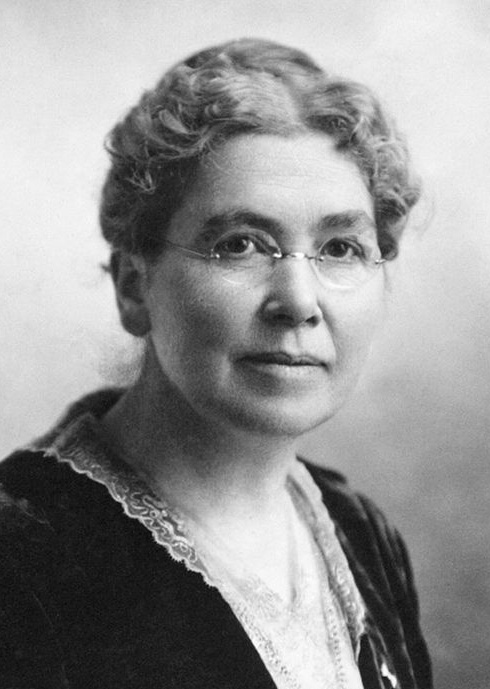
1911
The cooperatively owned Saskatchewan Cooperative Elevator Company is founded by 2,565 farmer shareholders.
1911
As a result of an influx of immigrants attracted by western homesteads, population in both provinces increases more than fivefold from 1901: Alberta to 374,000 from 73,000, Saskatchewan to 492,000 from 91,000.
1915
Alberta prohibits the sale of alcohol; Saskatchewan goes dry the following year.
1916
Women in both Alberta and Saskatchewan obtain the right to vote in municipal and provincial elections.
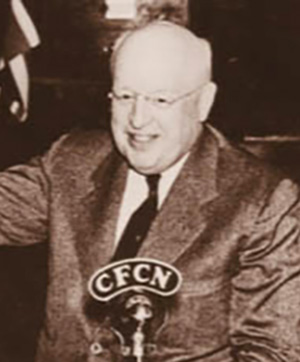
1920
The Progressive Party is founded by Thomas Crerar with the support of prairie farm groups, to support free trade, direct democracy, and the cooperative movement. The following year, it sends sixty-four members to Parliament.
1929
The stock market crashes, ushering in the Great Depression. A glut of wheat on the world market causes devastation for prairie farmers.
1935
The Social Credit party, led by William Aberhart, defeats Richard Reid’s United Farmers of Alberta.
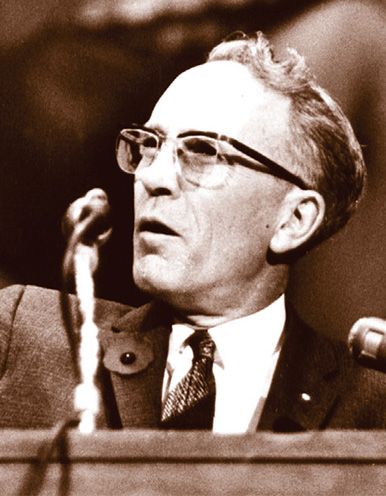
1944
The Cooperative Commonwealth Federation sweeps into power in Saskatchewan, with Tommy Douglas as premier.
1947
Driller Vern Hunter strikes oil near Leduc, Alberta, setting off the Alberta oil boom.
1947
Saskatchewan becomes the first province to pass human rights legislation prohibiting discrimination on the basis of race, colour, or creed.
1962
Saskatchewan introduces medicare to its citizens. Doctors opposing the plan go on strike, which is eventually resolved by a legislative amendment.
1968
The federal Medical Care Act comes into effect, extending Saskatchewan’s publicly funded health-care system across Canada.

1971
The Conservative Party, led by Peter Lougheed, wins the Alberta election, thus ending the long reign of the Social Credit party.
1973
A rise in world oil prices sets off an economic boom in Alberta.
1982
Grant Devine’s Conservative party defeats the NDP government and proceeds to privatize all the resource Crown corporations created by the former administration.
More
We hope you’ll help us continue to share fascinating stories about Canada’s past by making a donation to Canada’s History Society today.
We highlight our nation’s diverse past by telling stories that illuminate the people, places, and events that unite us as Canadians, and by making those stories accessible to everyone through our free online content.
We are a registered charity that depends on contributions from readers like you to share inspiring and informative stories with students and citizens of all ages — award-winning stories written by Canada’s top historians, authors, journalists, and history enthusiasts.
Any amount helps, or better yet, start a monthly donation today. Your support makes all the difference. Thank you!
Themes associated with this article
Advertisement
You might also like...
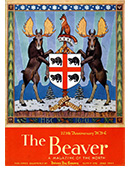
Canada’s History Archive, featuring The Beaver, is now available for your browsing and searching pleasure!

Beautiful woven all-silk necktie — burgundy with small silver beaver images throughout. Made exclusively for Canada's History.

